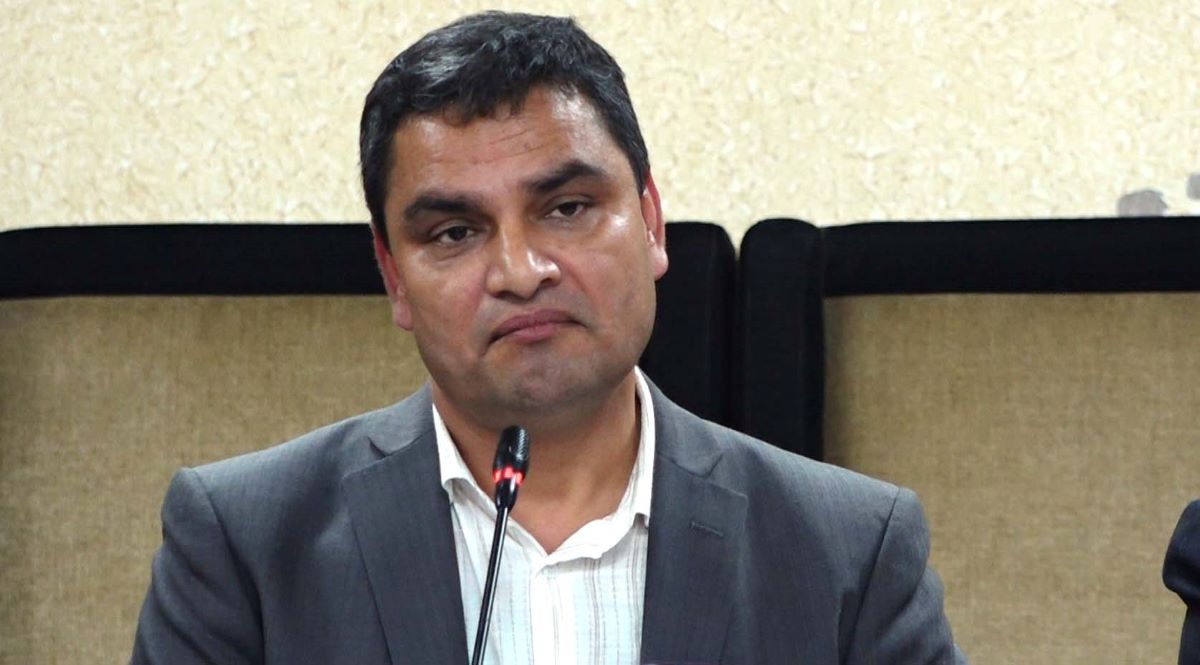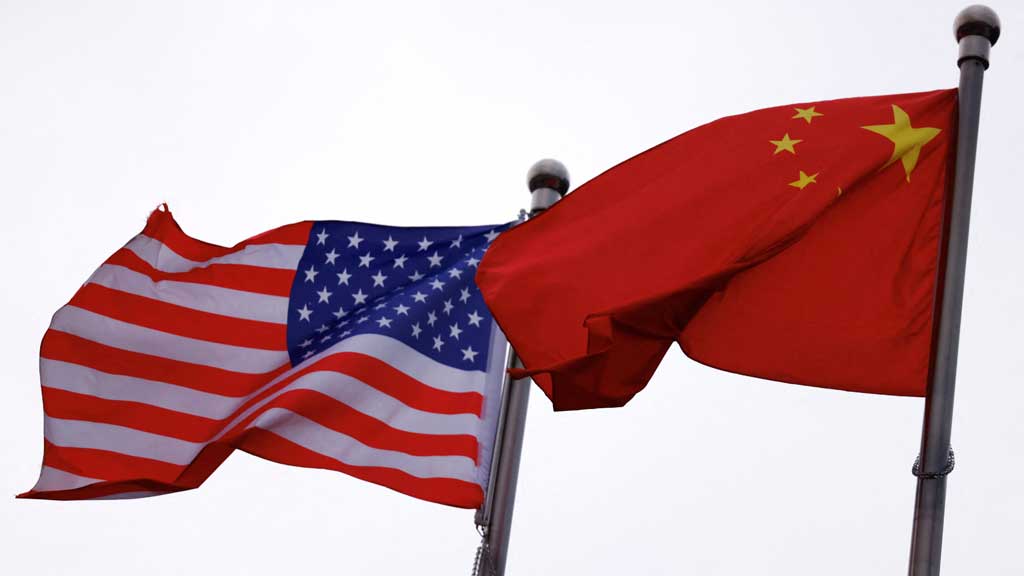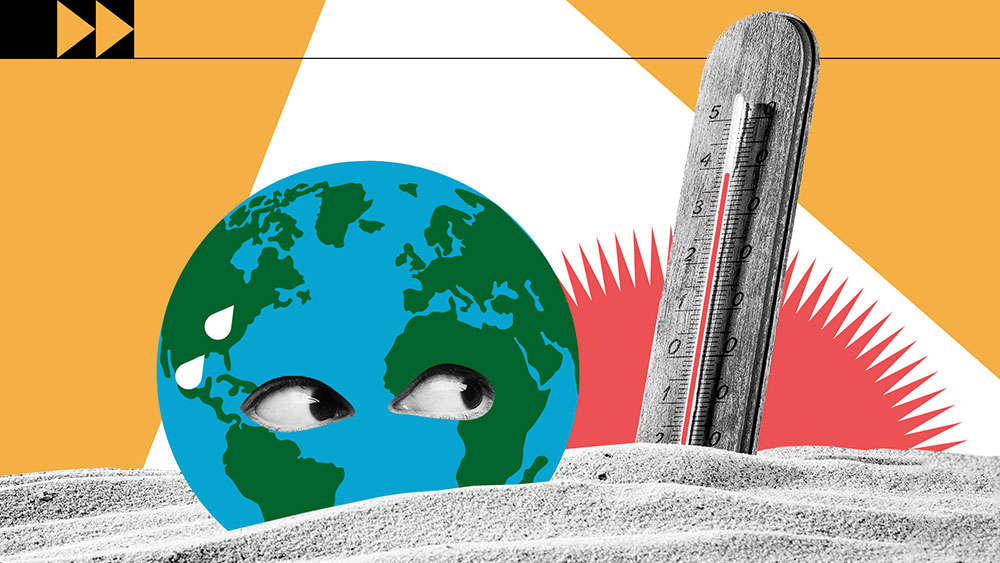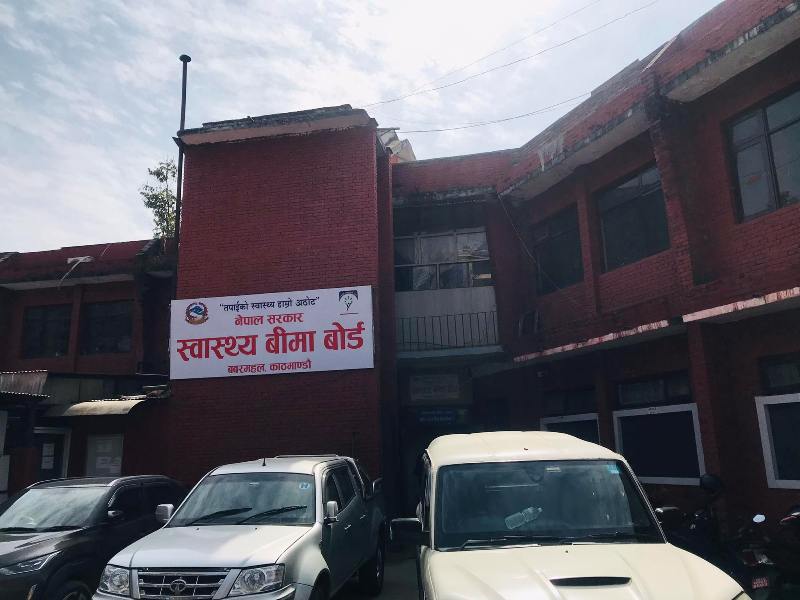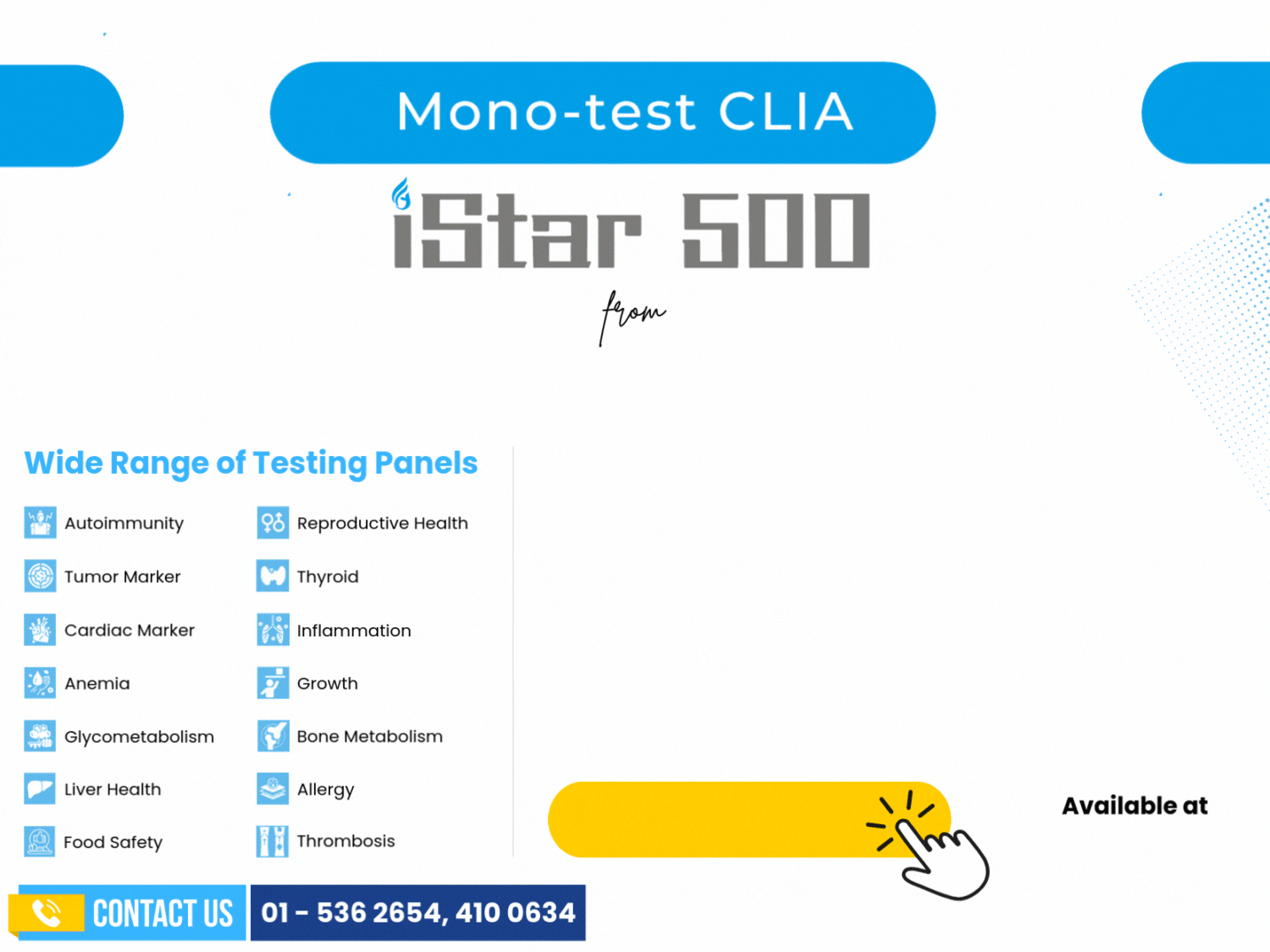
The World Health Organization (WHO) has urged countries around the world to raise taxes on sugary drinks, alcohol, and tobacco—aiming to increase their retail prices by at least 50% within the next decade.
Launched under the campaign titled “3 by 35,” the WHO’s latest initiative was announced during the UN’s Finance for Development conference in Seville, Spain. The goal is to reduce the consumption of products linked to non-communicable diseases like diabetes, cancers, and cardiovascular conditions, while also helping governments generate more revenue for their public health systems.
“Health taxes are one of the most efficient tools we have,” said Dr. Jeremy Farrar, WHO Assistant Director-General. “It’s time to act.”
WHO says that if countries implement this measure, the global revenue raised could reach $1 trillion by 2035. The organization used a simple example to explain: in a middle-income country, a product that currently costs $4 could be priced at $10 by 2035—factoring in the proposed tax and inflation.
The move comes at a time when international development aid is shrinking and many low- and middle-income countries are grappling with rising debt and limited health budgets. WHO believes this tax reform can help countries rely less on aid and more on sustainable domestic resources.
Not surprisingly, the announcement has triggered criticism from the food and beverage industries.
Kate Loatman, Executive Director of the International Council of Beverages Associations, said:
“It’s deeply concerning that WHO continues to disregard evidence. Taxing sugary drinks has not improved health outcomes or reduced obesity in any country.”
Amanda Berger, of the Distilled Spirits Council, said raising alcohol taxes won’t prevent alcohol abuse and called the move “misguided.”
Meanwhile, Rocco Renaldi from the International Food and Beverage Alliance warned against grouping sugar-sweetened drinks with “inherently harmful” products like tobacco, even while expressing support for stronger health systems.
Despite the resistance, WHO’s proposal has strong support from major global institutions, including:
Bloomberg Philanthropies
The World Bank
The OECD
These organizations have pledged to assist countries willing to adopt the tax reforms.
WHO is also looking into possible taxation of ultra-processed foods, but it will wait until its definition of such foods is finalized in the coming months. Officials acknowledge that this may attract further pushback from powerful food industry groups.
swasthyaadmin
Published: July 18, 2025




